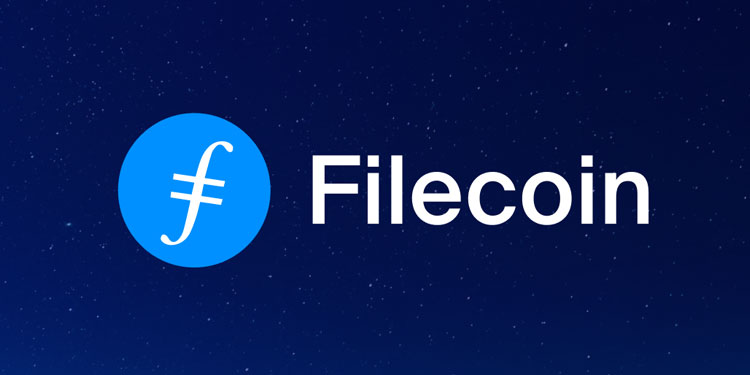
In addition to supporting and promoting the expansion of the year-old Filecoin network, the Filecoin Foundation also aids and fosters the expansion of the decentralized web, often referred to as the dWeb or Web3. In other words, it is the notion of rearranging the web so that, instead of the majority of online data being maintained on private servers controlled by big corporations including Amazon, Google, or Microsoft, the information is stored and handled using alternative computational resources, – for example mobile phones.
“New York City is always looking forward to comprehend how technologies can assist its quality of governance for New Yorkers,” said John Paul Farmer, the city’s departing chief technology officer, in an email to GCN. In particular, the Filecoin Foundation’s trial of the decentralized web addresses issues such as efficiency identification, government robustness improvement, and data protection.
This was accomplished via the use of Estuary, free software software that enables public data to be broadcast to the Filecoin platform and downloaded from any location across the world. As Farmer said, “the Filecoin Foundation and Protocol Labs took care of downloading the data and doing the storage process, which made this a pretty easy process for the City of New York.”
The initiative was announced by the foundation on December 16, after it was revealed late in the year. Farmer said that the city would evaluate the initiative at the start of 2022 in order to identify the next stages, which might include additional databases. The information will be accessible on the NYC Open Data website, as well as via the Estuary, Filecoin, and the InterPlanetary
File System, which is a peer-to-peer network, among other platforms.
“One critical choice that enabled the partnership to go forward swiftly was the choice to trial utilizing open data as a starting point, which is by default already certified for widespread access and usage,” he said. “One advantage of this trial run is that it does not need any changes in the behavior of consumers of NYC Open Data.”
Instead of removing data entirely, the experiment duplicates it and retains it on the decentralized web, enabling the City to compare and contrast the effects of various factors including cost, redundancy, thoroughness, and delay of data access on crucial concerns such as data access. “Overall, the project presents a low-risk potential for New York City to get a clear grasp of how the decentralized web might be beneficial to the city’s daily tasks.”
An experiment known as A/B, or split testing, examines two variants of something – in this instance, storage systems – in order to determine which is more efficient. Marta Belcher, head of policy at Protocol Labs and chairwoman of the foundation, emailed GCN that “the NYC Open Data data sources retained on the Filecoin network are complementary – the data points are now also being retained on the decentralised web, along with the manner in which they were previously retained.”
“This study introduces a novel, more safe, and more resilient method of storing these critical datasets. That’s exactly what Filecoin is intended to achieve — to save the most essential knowledge in the history of civilization.”
In addition, Belcher pointed out that utilizing the decentralized web provides more security and dependability, citing big disruptions like the one Amazon Web Services had on December 8, which brought most of the internet to a screeching stop. According to her, “that’s the difficulty of depending on a few single point of vulnerabilities.”
“We think that by combining the storage space and computational power of every one of our individual gadgets into a supercomputer-kind of network and storing several copies of info throughout those devices, you may build a superior experience of the web. Websites will remain operational even if some nodes malfunction, and the access to information will notbe reliant on the performance of any single server or firm on this decentralized version of the internet.”
Filecoin secures data via the use of encryption and the blockchain, and it has nodes all across the globe, which, according to Belcher, decreases the likelihood of outages. The Filecoin network is set to be live in October of this year.
In accordance with the Filecoin portal, customers pay with crypto to have their documents saved on storage miners, which are systems that must verify they have successfully preserved the files over a time frame. As per the Filecoin website, anybody who wishes to retain their own files or be compensated (in bitcoin) for hosting other people’s data may sign up to use the service.
As per the Filecoin Foundation, retaining the same amount of data on the Filecoin network results in a charge that is 0.02% of the amount paid to Amazon S3 for keeping the same amount of data. With the help of the network, over 3,500 storage providers are able to give over 13 exibytes, or one million terabytes, of storage.